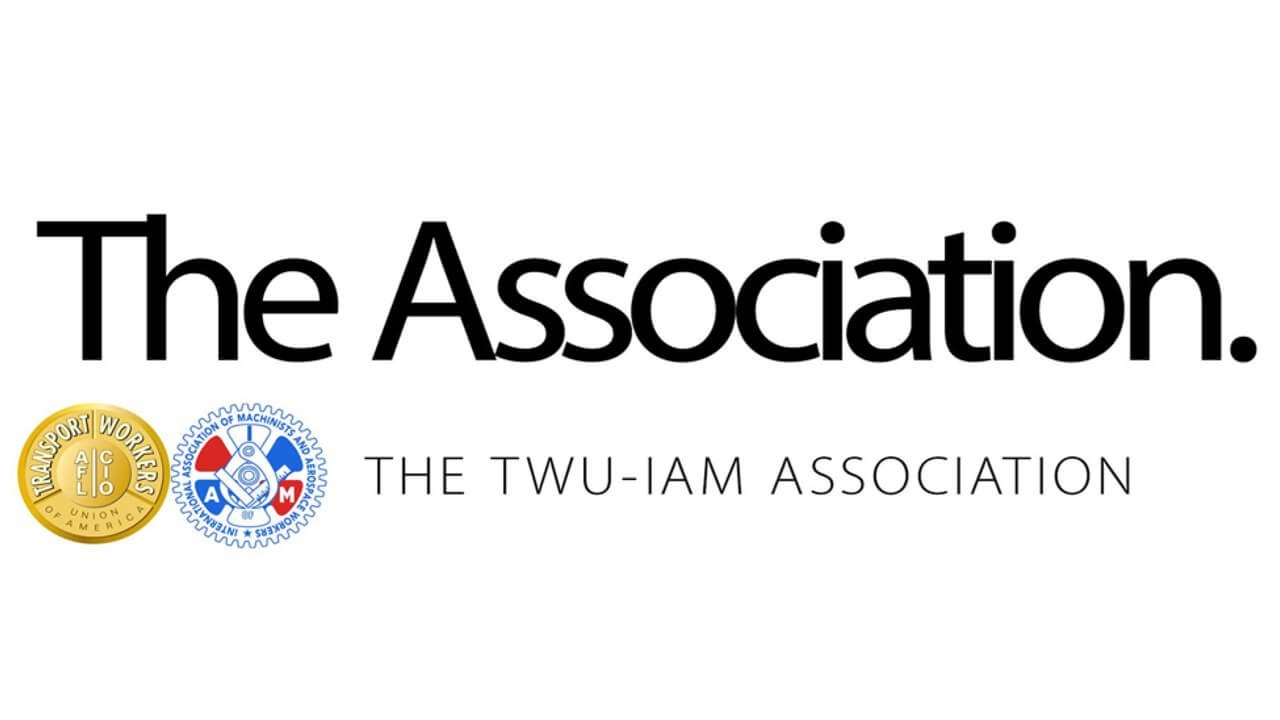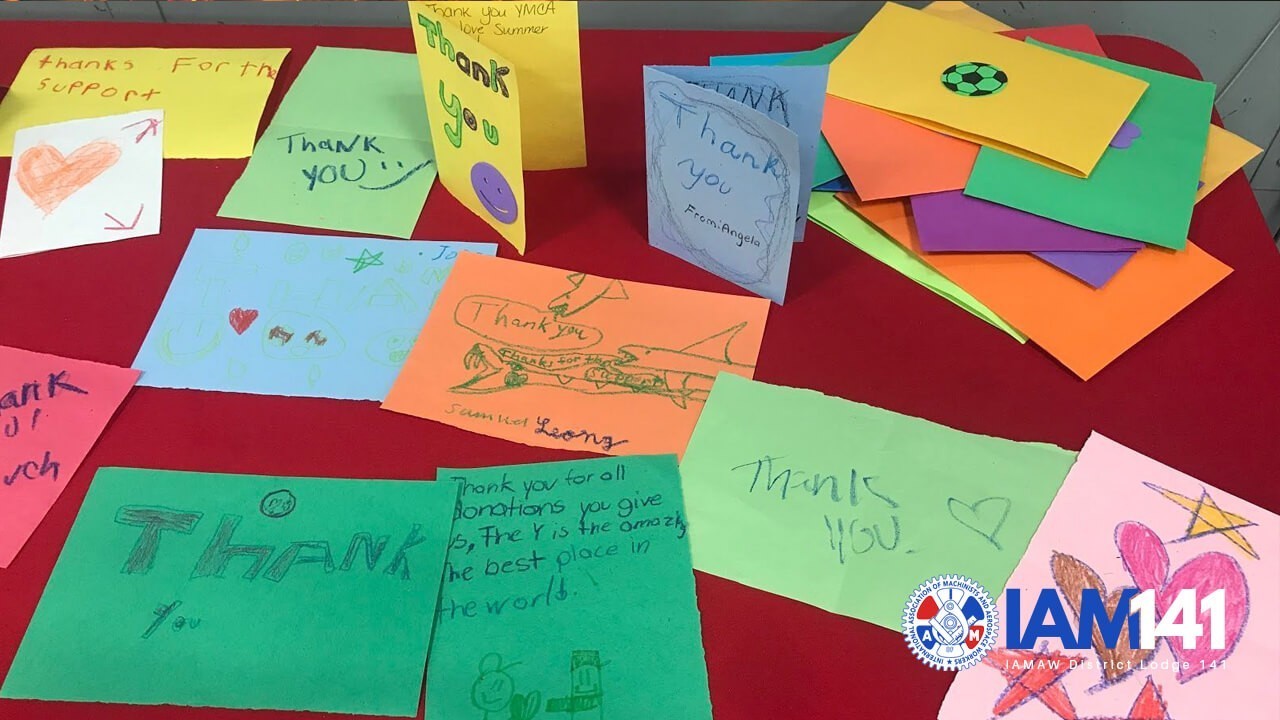
by Eric Price | Dec 13, 2019 | Airlines, American, Departments, Featured, Home, Organizing, The Association
Sisters and Brothers, Over the past several weeks, the Association, the NMB and American Airlines have been working to reach the tentative agreement our members have been promised and rightfully deserve. As most of you know, we also agreed to limit communications in a...

by Eric Price | Dec 6, 2019 | Airlines, Community Service, Departments, Featured, Home
Community Services Committee Chair Debbie Inverno received the Humanitarian Award and Local 914 was recognized with the Community Impact Business Award. In early November, the 12th Anniversary Committee of the Vashti School of Future Leaders, a mentorship program for...

by Eric Price | Dec 3, 2019 | Departments, EAP, Helping Hands, Home
Happy Holidays! This months’ issue focuses on gratitude. There is a lot of research showing that focusing on gratitude helps improve all areas of life – all of the underlined text in the electronic version of this months issue are links to some of the...

by Eric Price | Nov 25, 2019 | Airlines, American, Departments, Featured, Home, Organizing, The Association
[gdlr_stunning_text background_color=”#f3f3f3″ button=”Download PDF” button_link=”https://iam141.org/wp-content/uploads/2019/11/Association-Bulletin-112519.pdf” button_background=”#184ab9″...





